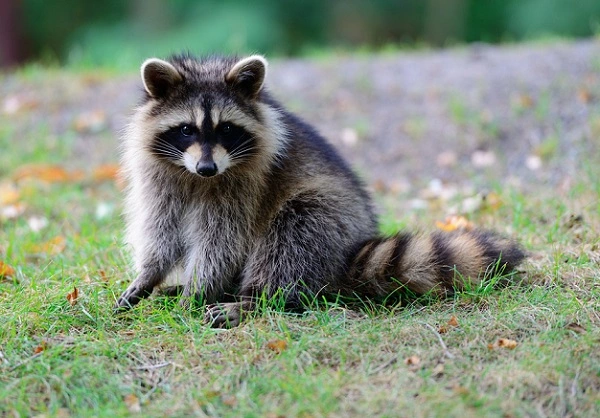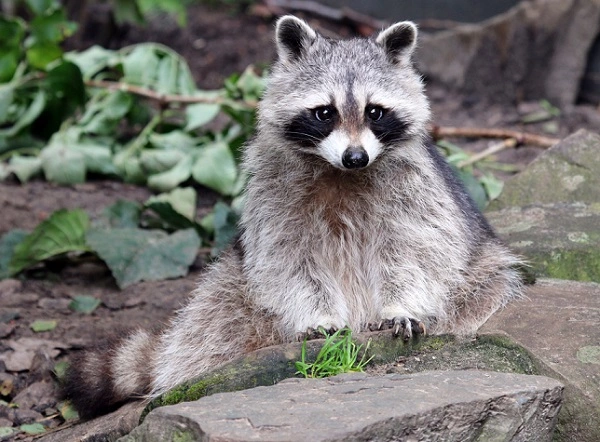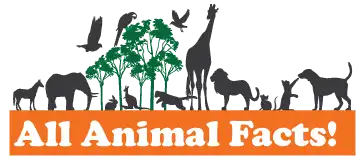Raccoon Dogs, although often mistaken for Raccoons, are actually a breed of their own. They are very friendly and make great pets. They are also relatively easy to care for and can be kept in a wide variety of environments. If you’re thinking about getting a Racoon Dog, here is some information on what to expect.

Raccoon Dog Description
Raccoon dogs are small, omnivorous mammals native to East Asia. They get their name from their resemblance to raccoons, although they are not closely related to them. Raccoon dogs are shy and solitary animals, and they are most active at night. They have thick, dark fur which helps to keep them warm in cold climates. Raccoon dogs are known for their ability to climb trees and swim well. They typically live for around 10 years in the wild, and up to 20 years in captivity. Raccoon dogs are considered an invasive species in many parts of the world, and they are known to cause significant damage to local ecosystems.
Raccoon Dog Habitat
Raccoon Dogs are found throughout most of East Asia. They inhabit woodlands, forests, and grasslands, but can also be found in urban areas. Raccoon Dogs are highly adaptable and can live in a wide range of climates, from cold mountainous regions to hot subtropical zones. Raccoon Dogs typically live in small family groups, but can also be found solitary or in pairs. Raccoon Dogs are omnivorous, and their diet includes a wide variety of fruits, vegetables, insects, small mammals, and amphibians. Raccoon Dogs are relatively small animals, with adults reaching a maximum weight of about 15 pounds. Raccoon Dogs are valuable members of the ecosystem, and their fur is used commercially. However, Raccoon Dogs are considered an invasive species in many parts of the world and can pose a threat to local ecosystems.
Raccoon Dog Diet
Raccoon dogs are omnivorous animals, which means that they are able to digest both plant and animal material. Their diet consists of a variety of items, including small mammals, birds, eggs, reptiles, amphibians, fish, crustaceans, molluscs, fruits, berries, nuts, leaves, and roots. Raccoon dogs are opportunistic feeders, and their diet often depends on what is readily available to them. In captivity, raccoon dogs will typically eat a diet of dog food supplemented with fruits and vegetables. Raccoon dogs are relatively small animals, and they do not require a large amount of food. As a result, they are not considered to be a major pest species despite their omnivorous diet.

Raccoon Dog Size
Raccoon dogs are among the largest canines in the world, with males typically measuring 2-2.5 feet in length and weighing around 35-40 pounds. What distinguishes raccoon dogs from other canines is their unique coat, which is long, matted, and shaggy – a trait that helps them to easily blend into the forest underbrush where they spend the majority of their time hunting for prey. Raccoon dogs are also distinguished by their relatively short snouts and small ears, as well as a distinctive “mask” or pattern on their face that is reminiscent of a raccoon. Although they may seem quite intimidating due to their large size and predatory instincts, raccoon dogs are primarily scavengers who hunt only small prey such as rodents, amphibians, and insects. Despite this fact, they should still be treated with caution if encountered in the wild.
Raccoon Dog Lifespan
Raccoons are a common sight in many parts of the world, and their distinctive markings make them one of the most recognizable animals. Raccoons are members of the Procyonidae family, which includes other species such as coatis, olingos, and kinkajous. Raccoon dogs, or Nyctereutes procyonoides, are a member of this family that is native to East Asia. Raccoon dogs closely resemble raccoons, but they are not closely related. Raccoon dogs are the only canids that exhibit delayed implantation, meaning that fertilization does not occur until nine to eleven weeks after mating. This allows the young to be born in the spring when food is more plentiful. Raccoon dogs typically live for two to three years in the wild and up to ten years in captivity. Although their lifespan is shorter than most other canids, raccoon dogs have been known to reach an age of twenty years in rare cases.
Raccoon Dog Behavior
Raccoon dogs as their name suggests, they are closely related to raccoons and exhibit similar behavior. Raccoon dogs are nocturnal animals and are mostly active at night. They are very good swimmers and climbers, and will often make dens in trees or burrows underground. Raccoon dogs are omnivorous, and their diet consists of both plant and animal matter. In the wild, they typically eat fruit, insects, small mammals, and birds. Raccoon dogs are not generally considered to be a threat to humans, but they can be carriers of rabies and other diseases. As a result, it is important to take precautions when handling or interacting with these animals.
Raccoon Dog Speed
Raccoon dogs are well-known for their ability to move quickly and efficiently over a wide variety of terrain. Their long, slender legs allow them to reach speeds of up to 40 miles per hour, making them formidable predators in the wild. Raccoon dogs are also specially adapted for moving through any type of terrain, from dense forest to open grassland, with ease. Whether running across soft marshland or climbing over rocky outcrops, raccoon dogs can keep up a steady, fast pace without losing momentum or efficiency. In fact, their speed and agility make them one of the most successful predators in the animal kingdom. Whether hunting for prey or resisting human encroachment on their natural habitat, raccoon dogs can rely on their incredible speed to come out on top.
Raccoon Dog Hunting
Raccoon Dog hunting has a long and storied history in many parts of the world, with ancient civilizations such as China, Korea, and Japan engaging in this sport for centuries. Raccoon dogs are prized for their speed and agility, as well as their skill in evading capture, making them a favorite target among hunters. Today, Raccoon Dog hunting is still practiced by dedicated practitioners around the globe, with some individuals spending years honing their techniques to master the elusive prey. Whether you are an amateur hunter looking to try your hand at Raccoon Dog hunting or a seasoned pro on the lookout for your next challenge, this sport is sure to provide you with an unforgettable experience. So grab your gun and get ready to track these wily creatures through dense forests and over rugged terrain! Whether you succeed or fail, Raccoon Dog hunting is bound to be an exhilarating adventure.
Conclusion
Raccoon Dogs are an interesting and unique breed that have a lot to offer. If you’re thinking of adding one to your family, be sure to do your research so you know what to expect. They make great pets for the right person and can provide hours of entertainment and companionship. Thanks for reading!
Frequently Asked Question

